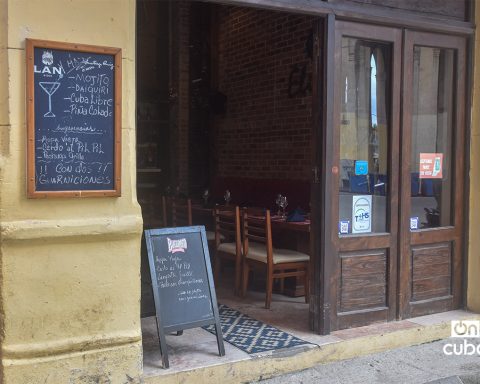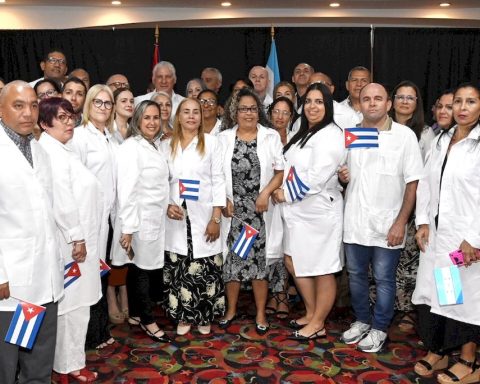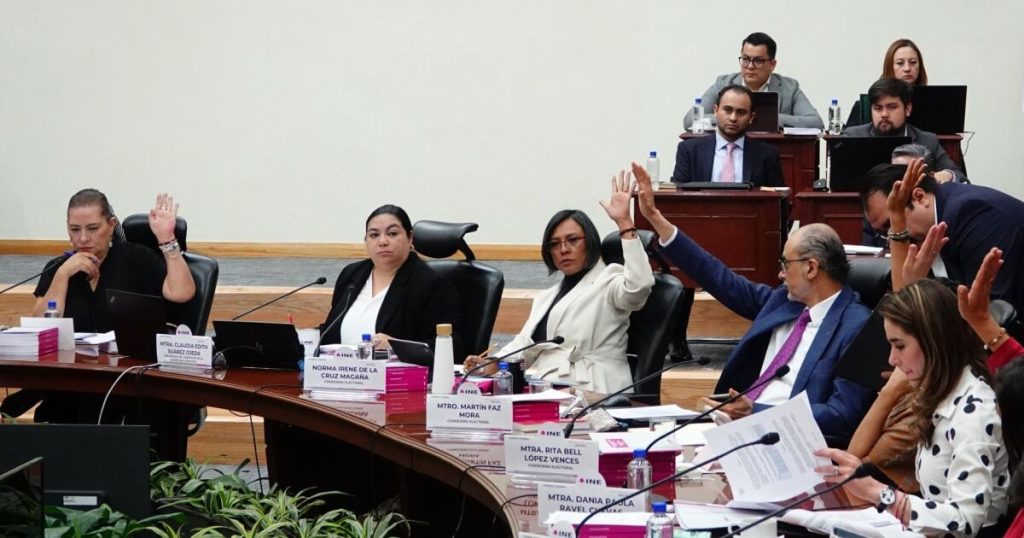The circulation of dengue and influenza viruses Oropouche feveras well as the “high incidence” of mosquitoes that transmit both diseases, keep the province of Camagüey on alert.
So confirmed it to the local newspaper Forward Dr. Néstor Navarro Vega, Deputy Director of Epidemiology at the Provincial Center for Hygiene, Epidemiology and Microbiology, explained that although work is being done to control this situation, “there are warning signs that cannot be ignored.”
“Regarding dengue, there is a high rate of infestation and transmission in Santa Cruz del Sur,” explained the specialist, who also cited cases in Esmeralda, Florida —with a “considerable circulation” of the virus in the northern area— and Minas, where “an increase in febrile cases” is recorded.
Likewise, Dr. Navarro Vega explained that in the Camagüey municipality, “there is circulation of the virus in its nine areas, without reaching transmission rates.”
Regarding Oropouche in particular, he said that there are 79 suspected cases and 76 patients admitted, “which, as with the rest of the arboviruses, can be hospitalized or home-based.”
The confirmed cases of this disease in the province are concentrated in the municipalities of Carlos Manuel de Céspedes, Florida, Camagüey, Minas and Vertientes, according to the director.
Summer “complications”
According to the provincial deputy director of Epidemiology, the current situation in the territory is aggravated by the conditions of the summer season.
“Everything is complicated by the impact of factors such as high temperatures that cause the shortening of the cycle of Aedes aegypti (desngue-transmitting mosquito),” he said.
“Also, with the rains and the environmental situation, as is known, culex quinquefasciatas (the Oropouche transmitter) enters and leaves the home and can only be mitigated through environmental planning,” he added.
Dr. Navarro Vega said that health authorities in Camagüey are carrying out “several actions” to “curb the impact of these vectors” and the diseases they cause.
Among these actions, he mentioned the work of temporary groups to deal with the epidemiological situation, formed by different agencies, organizations and the health system, as well as investigations and preventive actions in the environments where cases are detected.
“The febrile blockade is carried out in the five houses around the detected case, not in the block or in the municipality. The priorities for fumigation are in the febrile blockades and the blocks in transmission and at risk,” he said.
After being first detected in Santiago de Cuba last May, Oropouche fever has spread throughout the country, while dengue is now considered an endemic disease on the island, which worsens during the rainy season and high temperatures.
Given the current epidemiological situation, the Ministry of Public Health has activated its health systems and has called on the population to “pay attention to official information” and not to self-medicate or take antibiotics without a specialist’s prescription.
They should also “sanitize” their own surroundings to prevent mosquitoes from breeding and go to the doctor if they experience symptoms such as “fever, headaches, muscle and joint pain, vomiting and diarrhea.”


















